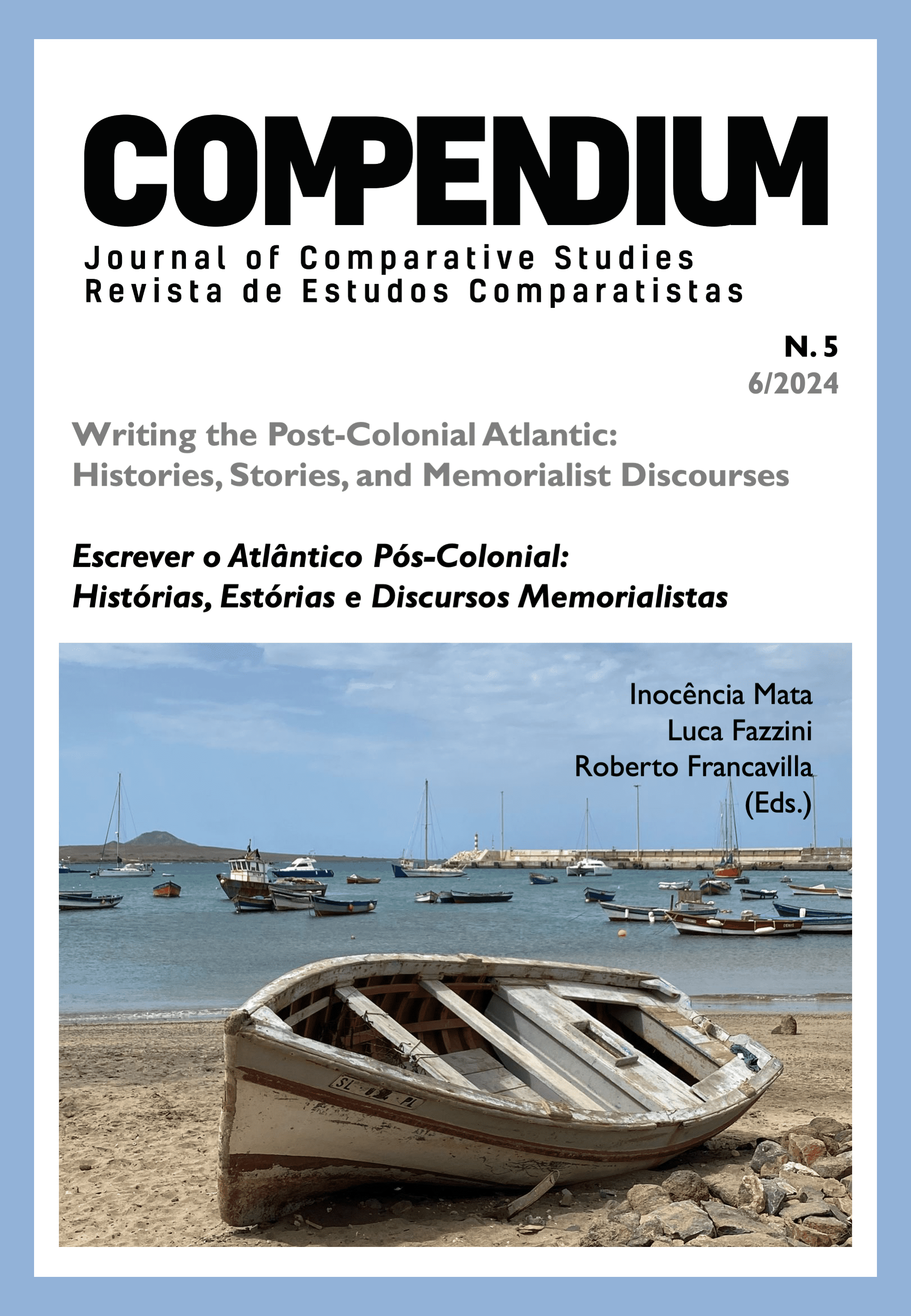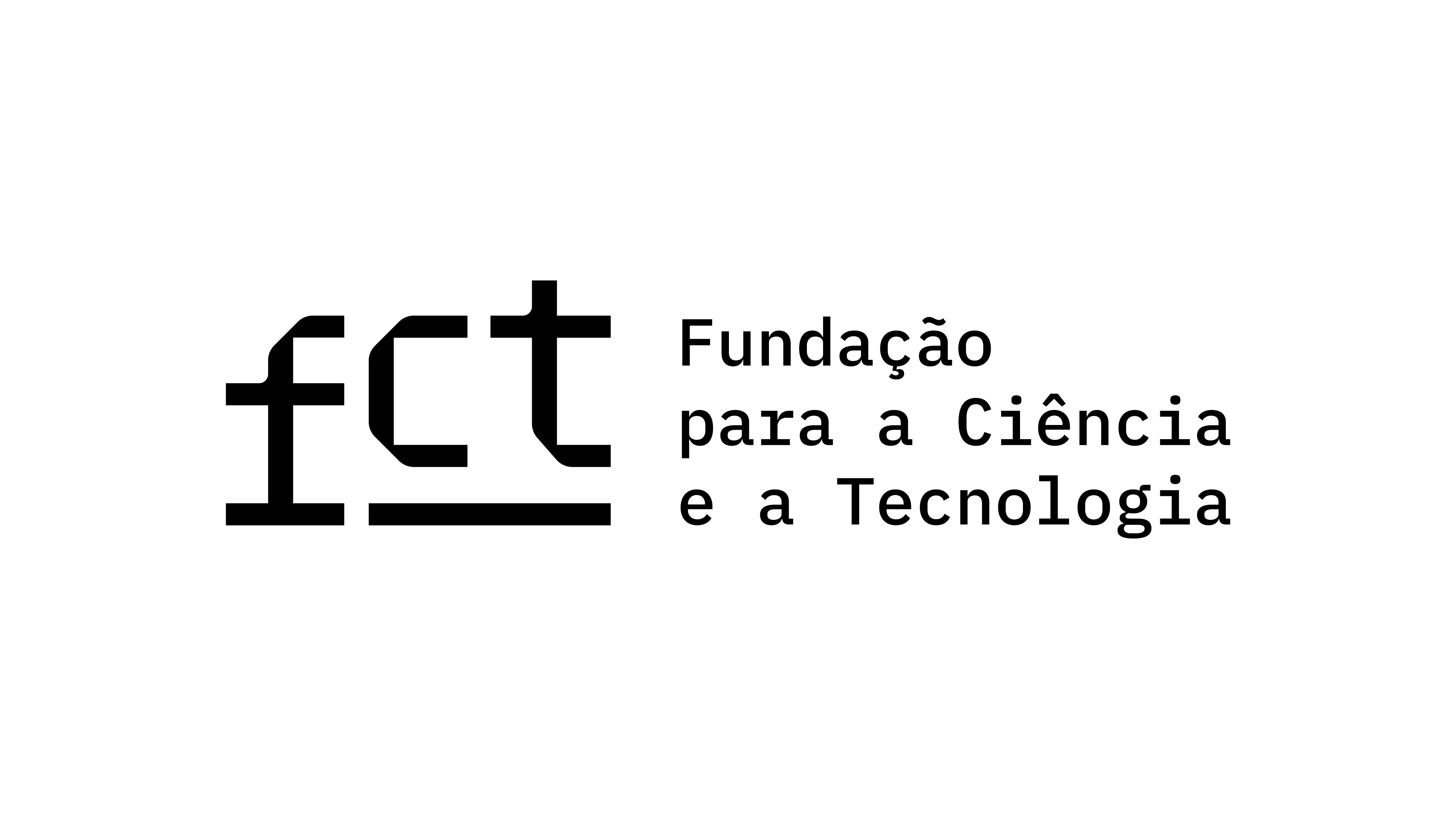Macaronesia
Ontological and Epistemological Tensions of a Name
DOI:
https://doi.org/10.51427/com.jcs.2024.05.0005Keywords:
Macaronesia, island studies, archipelagity, geosocial, Atlantic historyAbstract
This essay undertakes a multifaceted exploration of the name 'Macaronesia'. Particularly focused on decoding the geological dimensions of some of the identity-forming processes at the macro-archipelago level, the essay nonetheless refrains from definitively answering the question "what is Macaronesia?". The analysis begins by exploring the ways in which the noun acts in the formulation of forms of belonging at the geo-local level, questioning its origins and applicability, drawing on Island and Archipelagic Studies to understand it. It also recognizes the existence of foundational geological conditions that shape the sense of place the name geo-localizes. Finally, it reflects on two divergent geological identities that underpin two historiographical directions: the first endogenous, resulting from a relationship with the use of land, and the second exogenous, imperial, and exoticizing, constructed around the sense of isolation that the oceanic distance of the territories from the continent suggests.Downloads
References
Abulafia, David. 2019. The Boundless Sea: A Human History of the Oceans. New York: Oxford University Press.
Álvarez Santos, Javier Luis. 2022. “The Historical Origin of the Atlantic Identity of the Islands of Macaronesia”. Shima Journal 2 (16): 308-26. https://www.shimajournal.org/article/10.21463/shima.160
Armitage, David. 2017. “The Atlantic Ocean”. In: Oceanic Histories, edited by David Armitage, Alison Bashford and Sujit Sivasundaram, 85-110. Cambridge: Cambridge University Press.
Bailyn, Bernard. 2005. Atlantic History: Concepts and Contours. Cambridge, MA: Harvard University Press.
Barreto, Lima. 2004 [1911]. “O homem que sabia javanês”. In: Novas Seletas – Lima Barreto, 59-70. Rio de Janeiro: Nova Fronteira.
Braudel, Fernand. 1983 [1949]. O Mediterrâneo e o Mundo Mediterrânico na Época de Filipe II. Lisbon: Dom Quixote.
Brito-Semedo, Manuel. 2023. Cabo Verde Ilhas Crioulas. Praia: Rosa de Porcelana.
Carter, Paul. 2019. Decolonising Governance: Archipelagic Thinking. London: Routledge.
Carvalho, Miguel Tremoço de. 2001. Gaspar Frutuoso: O Historiador das Ilhas. Funchal: Centro de Estudos de História do Atlântico.
Clark, Nigel and Kathryn Yusoff. 2017. “Geosocial Formations and the Anthropocene”. Theory, Culture & Society 34 (2/3): 3-23.
Conkling, Philip. 2007. “On Islanders and Islandness”. The Geographical Review 97 (2): 191-201.
Cruz, Visconde do Porto da. 1958. “O Movimento Intelectual do Arquipélago da Madeira – 1.º Período – 1420-1820”. Revista Portuguesa (detachable), Issue 84. Aveiro: Lusitânia.
Cubero, Carlo A. 2017. Caribbean Island Movements: Culebra’s Transinsularities. London: Rowman & Littlefield Publishers.
DeLoughrey, Elizabeth. 2001. “‘The Litany of islands, the rosary of archipelagoes’: Caribbean and Pacific Archipelagraphy”. Ariel: A Review of International English Literature 32 (1): 21-51.
DeSilvey, Caitlin. 2012. “Making Sense of Transience: An Anticipatory History”. Cultural Geographies, Issue 19: 31-54.
Duarte, Dulce Almada. 2023. Rotas da Cabo-Verdianidade. Praia: Rosa de Porcelana.
Games, Alison. 2006. “Atlantic History: Definitions, Challenges, and Opportunities”. The American Historical Review 111 (3), 741-757. https://academic.oup.com/ahr/article-abstract/111/3/741/13790?redirectedFrom=fulltext
Gillis, John R. 2007. “Islands in the Making of an Atlantic Oceania, 1500-1800”. In: Seascapes – Maritime Histories, Littoral Cultures, and Transoceanic Exchanges, edited by Jerry H. Bentley, Renate Bridenthal and Kären Wigen, 21-37. Honolulu: University of Hawai’i Press.
Gomes, Alberto Figueira. 1983. Poesia e dramaturgia populares no séc. XVI. Series Bibliotecas Breves, Vol. 77. Lisboa: Instituto de Cultura e Língua Portuguesa.
Hancock, David. 1998. “Commerce and Conversation in the Eighteenth-Century Atlantic: The Invention of Madeira Wine”. Journal of Interdisciplinary History XXIX (2): 197-219.
Hernández González, Manuel. 1994. “Madeira, Canarias y las Islas del Caribe: La difusion de las Ideas a traves de las relaciones mercantiles en el Siglo XVIII. Un intento de aproximacion”. In: As Sociedades Insulares no contexto das interinfluências culturais do Século XVIII, Colection “Atlântica”, V. 3, 159-184. Funchal: Secretaria Regional de Turismo e Cultura, Centro de Estudos de História do Atlântico.
Marsh, Kate. 2013. Narratives of the French Empire: Fiction, Nostalgia, and Imperial Rivalries 1784 to the Present. Lanham, MD: Lexington Books.
Mata, Inocência. 2010. Polifonias Insulares: Cultura e Literatura de São Tomé e Príncipe. Lisboa: Edições Colibri.
Matless, David. 2018. “The Anthroposcenic: Landscape in the Anthroposcene”. British Art Studies, Issue 10. https://doi.org/10.17658/issn.2058-5462/issue-10/dmatless
McCall, Grant. 1994. “Nissology: A Proposal for Consideration”. Journal of the Pacific Society 17 (2): 1-14.
Nunes, Nadia Nunes. 2018. “The Lexicon of the Sugar Cane Culture in the Atlantic World Construction: Madeira, Canaries, Cap Vert, S. Tome and Prince, Brazil, Venezuela and Colombia”. Veredas: Revista da Associação Internacional de Lusitanistas, Issue 29: 124-49.
Pezzani, Lorenzo. 2015. Liquid Traces: Spatial Practices, Aesthetics and Humanitarian Dilemmas at the Maritime Borders of the EU. London: Centre for Research Architecture, Department of Visual Cultures, Goldsmiths University of London (PhD Thesis).
Pliny the Elder. [1855] 2006. The Natural History, edited and translated by John Bostock, M.D., F.R.S. H.T. Riley, Esq., B.A. London: Taylor and Francis. http://www.perseus.tufts.edu/hopper/text?doc=urn:cts:latinLit:phi0978.phi001.perseus-eng1:6.37.
Reis, Fernando. 1969. Povo Flogá *O Povo Brinca* Folclore de São Tomé e Príncipe. São Tomé: Câmara Municipal de São Tomé.
Rodrigues, José Damião. 2011. “The Flight of the Eagle: an Island Tribute to the Universal Iberian Monarchy at the End of the Sixteenth Century”. e-journal of Portuguese History 9 (2): 1-34. https://www.brown.edu/Departments/Portuguese_Brazilian_Studies/ejph/html/issue18/pdf/v9n2a01.pdf
Santos, Maria Emília Madeira. 2001. História Geral de Cabo Verde, Vol. II. Coimbra: Instituto de Investigação Tropical and Instituto Nacional de Investigação Cultural.
Silva, António Leão Correia e. 2023. Noite Escravocrata Madrugada Camponesa: Cabo Verde séc. XV-XVIII. Praia: Rosa de Porcelana.
Stratford, Elaine. 2017. “Imagining the Archipelago”. In: Archipelagic American Studies, edited by Brian Russel Roberts and Michelle Ann Stephens, 74-95. Durham: Duke University Press.
Thompson. Lanny. 2017. “Heuristic Geographies: Territories and Areas, Islands and Archipelagoes”. In: Archipelagic American Studies, edited by Brian Russell Roberts and Michel Ann Stephens, 57-73. Durham: Duke University Press.
Tonini, Giampaolo. 2001. “Poesia Contemporânea da Madeira”. In: Poeti Contemporanei dell’Isola di Madera, edited by Giampaolo Tonini and Sílvio Castro. Venice: Centro Internazionale della Grafica di Venezia.
Valbert, Christian. 1985. “Le Tchiloli de São-Tomé: un exemple de subversion culturelle”. In: Les littératures africaines de langue portugaise: a la recherche de l’identité individuelle et nationale, edited by José Augusto França, 437-44. Paris: Fondation Calouste Gulbenkian, Centre Culturel Portugais.
Veríssimo, Nelson. 2000. Relações de Poder Na Sociedade Madeirense do Século XVII. Amadora: Secretaria Regional do Turismo e Cultura do Governo da Região Autónoma da Madeira.
Vieira, Alberto. 2004. Canaviais, Açúcar e Aguardente na Madeira – Séculos XV a XX. Colecção História do Açúcar, no. 3. Funchal: Centro de Estudos de História do Atlântico.
Vieira, Alberto. 2017. “Memória e Identidade Insular de Gaspar Frutuoso à Atualidade”. In Açores e Madeira: Percursos de Memória e Identidade, edited by Duarte Nuno Chaves, 33-74. Ponta Delgada: Santa Casa da Misericórdia das Velas.
Whittaker, Robert J., et al. 2018. “Archipelagoes and Meta-Archipelagos”. Frontiers of Biogeography 10 (3/4). https://doi.org/10.21425/F5FBG41470
Downloads
Published
How to Cite
Issue
Section
License
Copyright (c) 2024 Francisco C. Marques

This work is licensed under a Creative Commons Attribution 4.0 International License.
Compendium embraces online publishing and open access to all issues. Authors retain copyright and grant the journal right of first publication with the work simultaneously licensed under a Creative Commons Attribution 4.0 International (CC BY 4.0), that allows others to share the work with an acknowledgement of the work's authorship and initial publication in this journal.











